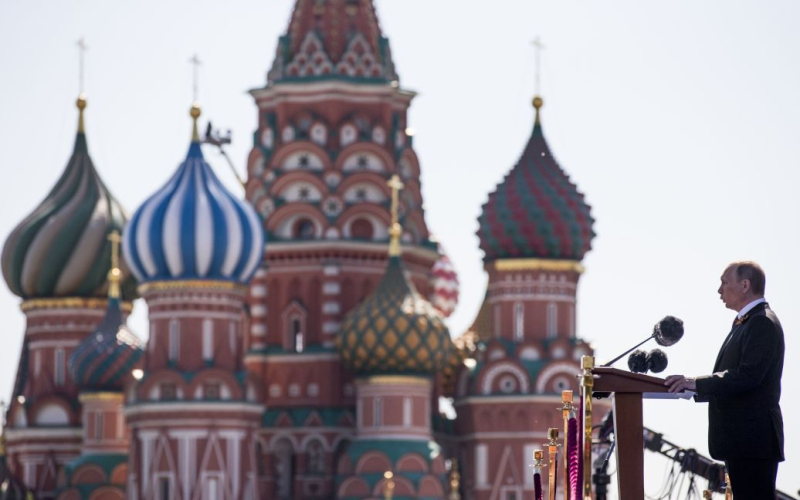
Kremlin officials avoid discussing increased defense spending due to concerns about war fatigue among the population.
Future demands from the Russian population for increased social spending and reduced defense funding could hamper the Kremlin's ability to continue the war in Ukraine. Russian President Vladimir Putin must take into account the stability of his regime and domestic support.
This is stated in a report by the Institute for the Study of War (ISW).
The Russian budget will continue to support various social programs, including the Kremlin's pro-natalist programs, but the continued focus on defense spending will likely impact the effectiveness and sustainability of these programs.
The social policy section of the 2025 Russian budget accounts for 6.4 trillion rubles ($69 billion). The bill provides for the allocation of about 4 trillion rubles ($43 billion) from 2025 to 2027 for payments to people with children and about 1.7 trillion rubles ($18 billion) under Russia's maternity capital program until 2030. The budget provides 1.57 trillion rubles ($16 billion) for education, while healthcare spending amounts to 1.86 trillion rubles ($20 billion) in 2025 and 2026. The Russian government has allocated 824 billion rubles ($8.8 million) to pay state pensions and 1.36 trillion rubles ($14 billion) to recently announced pension increases.
The Russian publication Meduza noted that the Russian government's press release noted funding for pregnant women, families with children, national projects, and regional support, but does not mention defense spending.
Kremlin officials also emphasized social spending, avoiding discussions of increased defense spending on September 29, when the Russian government initially approved the draft federal budget. This is likely due to the Kremlin's wariness about war fatigue among the Russian population.
Analysts estimate that prolonged high levels of defense spending in the coming years during the ongoing war against Ukraine and military preparations for a possible conflict with NATO will make it more difficult for the Kremlin to support funding for social programs for the population, such as higher pensions and health care. In addition, increasing defense spending will also affect the long-term effectiveness of Russia's efforts to use financial incentives to increase the birth rate and overcome the demographic crisis.
“Population demands for an increase in the social sphere and a decrease in defense funding in the future may also hamper the Kremlin's ability to continue the war in Ukraine, since Russian President Vladimir Putin must take into account the stability of his regime and domestic support,” ISW believes.
Recall that in early September, ISW assessed that the Kremlin's refusal to fully transfer society to martial law and internal information operations aimed at normalizing the war in society are so far mitigating war fatigue within the country.
Read also:
Related topics:
More news

